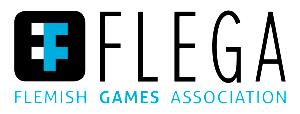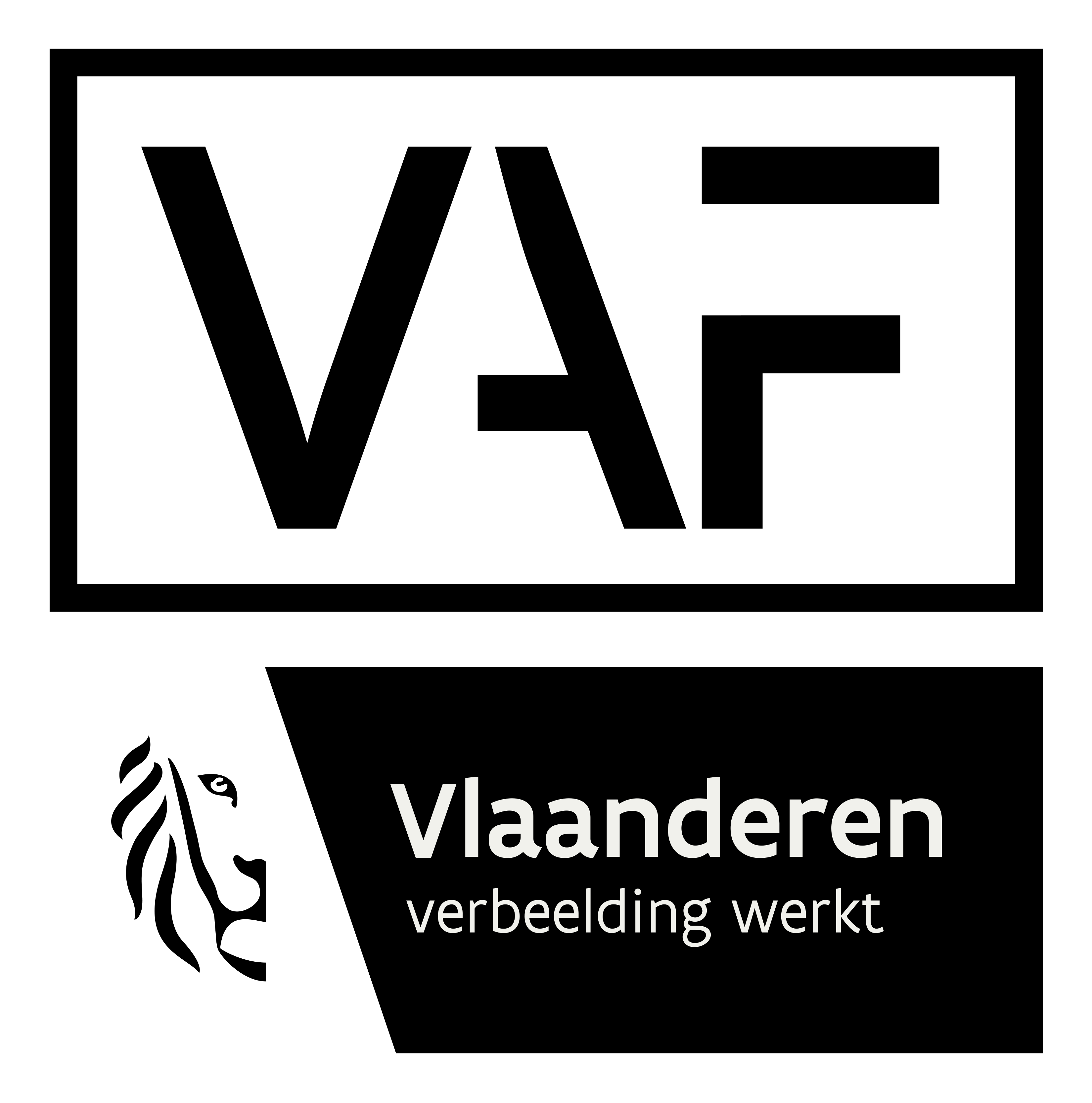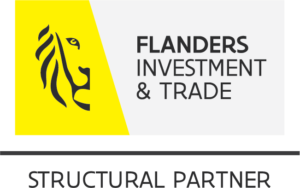In this series of blog posts, the tax lawyers of Mythra provide you with an overview of the existing Belgian tax incentives that you, as a game developer, could benefit from.
In the previous blogs, we focused on the compensation for the transfer of copyright and the wage withholding tax, which both aim at lowering your salary cost as an employer.
Today, we focus on the Innovation Income Deduction (IID). This incentive aims at reducing your corporate income tax burden. It is somewhat more complex to calculate and implement, but at the same time may result in a significant tax saving.
Innovation Income Deduction
The IID is a corporate income tax incentive that is available to Belgian companies and Belgian branches of foreign companies. In other words, contrary to what is the case for the tax incentives discussed in the previous editions of this series, in order to benefit from the IID, you need a company. This incentive is somewhat more difficult to apply, but at the same time may significantly reduce your corporate income tax burden.
The IID only applies to (game) software that has not yet generated income prior to July 1 2016. If the software was developed prior to July 1 2016, but only started to generate income as of July 1 2016, the IID can still be (fully) claimed. Even if software has generated income prior to July 1 2016 it may be possible to claim the IID, namely if the software has been (materially) updated afterwards. In that case, revenue generated as of July 1 2016 will be split between a compensation for the initial software and a compensation for the update(s), and the latter will qualify for the IID. Taking into account the quick developments in the game industry, this is generally not a major drawback.
When a company successfully claims the IID, 85% of its qualifying income from innovation remains untaxed. The other 15% remains taxable. As the standard corporate tax rate in Belgium currently (tax year 2019) amounts to 29,58%, the IID regime results in an effective tax rate of only 4,4% on qualifying innovation income.
The IID applies to the net amount of the qualifying income. License fees received from a distributor such as Steam, Apple Store, Google Play, Microsoft Store etc. may be considered as qualifying income and are the starting point of the calculation. From such amount all expenditures relating to activities of the taxpayer (being the company claiming the IID) itself or any other party (related or non-related) and all costs relating to the acquisition of externally developed IP in a given taxable period are deducted. This means that if your company is doing well, a substantial amount of your profit can be sheltered from corporate income tax.
The amount of net qualifying income should subsequently be multiplied with a fraction (the so-called ‘nexus fraction’). This fraction intends to ensure that a significant proportion of the actual R&D efforts must have been undertaken by your company. The nexus fraction will result in a decrease of the amount of the IID if large portions of the IP is developed by related parties. The (negative) effect of the nexus fraction is somewhat mitigated as the nominator of the fraction is automatically increased with 30% (so-called ‘30% uplift’). Even with the uplift though, the fraction can never exceed 1/1.
As the calculation of the IID is rather abstract, the financial impact is best illustrated with an example. Let’s assume that your company develops a game. In order to create the game, the company has acquired existing software from another developer for €25.000 and has incurred additional, own, R&D expenses (wages for developers, laptops etc.) of €50.000. The same year these expenses were incurred, the game generated €150.000 in license fees from Steam. The IID for that year will be €55.250. This means the company will pay €16.343 less in corporate income tax (i.e. €55.250 x 29,58%):
| (150.000 – 75.000) | x | 50.000 + (50.000 x 30%) | x | 85% | = 55.250 | |
| 50.000 + 25.000 |
If you think the IID might provide an important tax saving for your company, it is recommended to make an assessment of the impact of IID on your business by a taxation expert. This means some analyses and calculations are required, for example on the qualifying gross income and qualifying R&D expenses.
The IID can be claimed in an annex to the tax return, but it is generally recommended that a ruling is obtained from the Ruling Commission to secure the application of the IID. The Ruling Commission does not charge a fee for this process. In case your company wants to benefit from IID, you will also need to prepare supporting documentation. The way the IID is calculated also requires a careful tracking and tracing of qualifying expenses and qualifying income. Finally, it is recommended that a binding advice is requested from BELSPO in which it is confirmed that the software results from an R&D project or program.
In a nutshell
• For whom? Companies subject to Belgian corporate income tax (or Belgian branches of foreign companies).
• What? 85% of the net innovation income can be sheltered from corporate income tax, resulting in an effective tax rate of only 4,4% (instead of 29,58%).
• How? A paid study must be performed by a taxation expert in order to identify the qualifying gross innovation income, as well as the relevant expenditures. Documentation requirements also apply. Legal certainty can be obtained through a free ruling with the Belgian Ruling Commission. Requesting a binding advice from BELSPO is highly recommended.
Want to know more?
The IID is somewhat more difficult to apply than other incentives, but at the same time may significantly reduce your corporate income tax burden. Given the complexities, the application of the IID requires the intervention of specialized tax practitioners, with sufficient experience in the game industry. Should you wish to obtain more information on how the compensation for the transfer of copyright could apply to your business, feel free to contact Mythra Tax Lawyers.
In the next blog in this series, you will learn about other tax incentives already available to the Belgian game industry, such as seed capital and management incentives.







